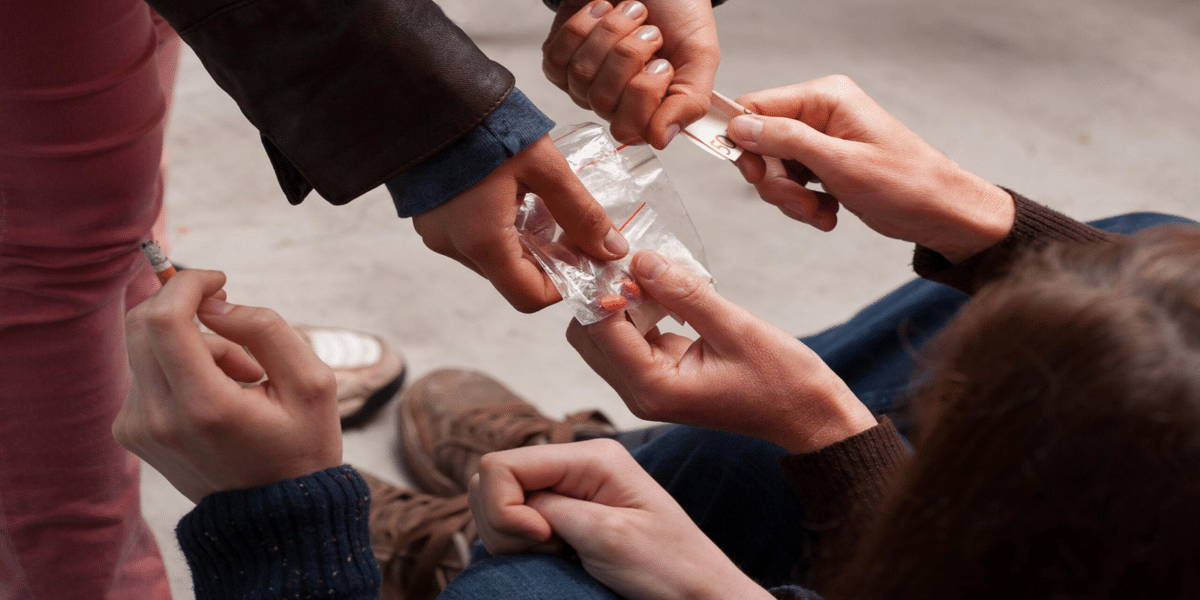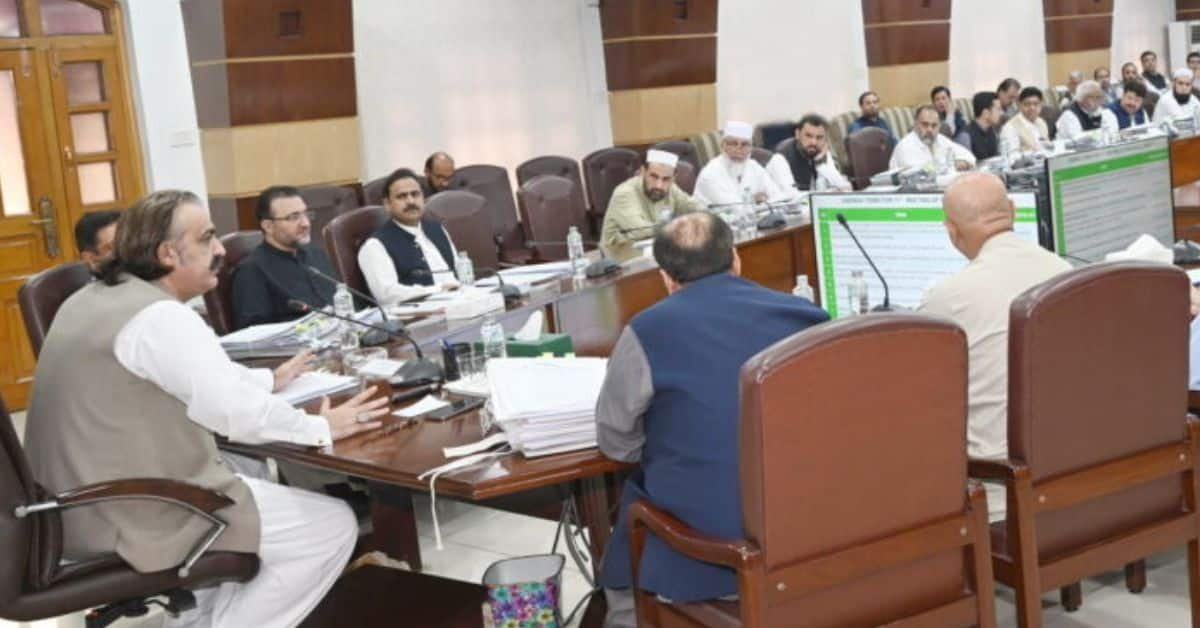LAHORE: Non-governmental organisations (NGOs) working for the welfare of nomadic communities have raised concerns about the increasing number of nomadic youths turning to drugs due to a lack of employment opportunities.
According to Express News, the NGOs highlight that the absence of government-sponsored skill development programmes has driven these youths into begging, collecting trash, and performing street shows.
In Lahore, 32-year-old Saleem lives in a nomadic settlement on Band Road. He collects trash daily from nearby localities, sorting useful items like plastic bottles and metal scraps to sell to local junk dealers. Despite being married with three children, Saleem earns only 700 to 800 rupees daily. He believes that if he had learned a trade, his situation might be different. Although he is illiterate and never had the opportunity to acquire skills, two of his children now attend a school run by an NGO.
Like Saleem, 80 percent of youths in nomadic settlements engage in begging and trash collecting. Some have skills in making toys, while others entertain by performing tricks with monkeys and snakes to support their families.
Nazir Ghazi, head of the NGO Godh, which advocates for nomadic welfare, told Express News about a skill development project initiated for nomadic girls in 2007 and 2008, funded by the South Asia Women Development Programme. The project taught skills based on the girls’ interests, including music. Many learned to sing, dance, and play musical instruments such as the harmonium. This has allowed some to earn money by working as extras in film studios located near the settlement.
Read More: Brazilian tourist dies paragliding without permit in Gilgit Baltistan
However, Ghazi noted the lack of a pressure group among the nomads to unite and advocate for their needs. They tend to remain closely knit within their families and tribes, often not allowing their children to travel far from home to learn skills.
Iftikhar Mubarak, head of Search for Justice, explained that vocational training institutions typically require educational qualifications for admission, which many nomads lack. He pointed out that Article 25-A of the Constitution obligates the government to provide free and compulsory education to children aged 5 to 15 years. Mubarak suggested a community-level customised approach to skill development for nomadic children, focusing on training in skills that do not require formal education while ensuring compliance with child labour laws.
Mubarak cited the Amina Protection and Learning Centre established by Search for Justice in Shahdara, Lahore. This centre educates nomadic children and provides business models for youths over 18, especially girls, to start ventures in sewing, embroidery, beauty, and home crafts.
A spokesperson for the Punjab Social Welfare Department stated that the department is working for the welfare of special persons, women, transgender individuals, and the elderly but currently has no projects for nomads. Similarly, a spokesperson for the Punjab Vocational Training Institute mentioned that the institute offers various skill development opportunities without discrimination based on community, gender, or region. Any youth meeting the basic criteria can enrol in their training programmes.















